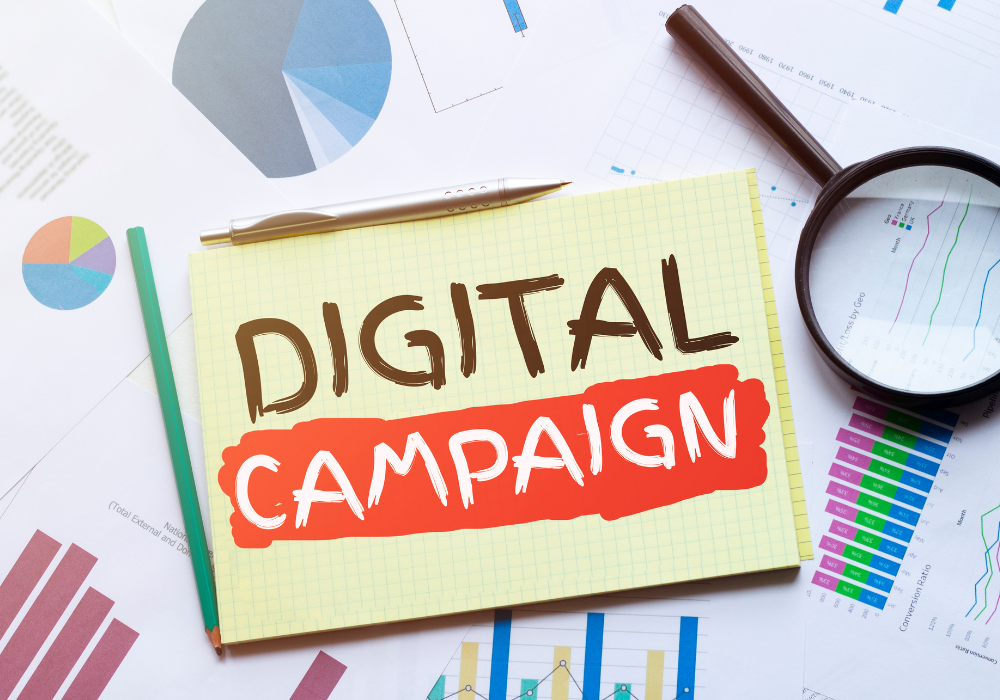1. Hyper-Targeted Outreach
One of the most significant advantages of digital platforms is their precision. Using demographic and behavioral data, campaigns can send tailored messages to different voter segments. Whether it's fundraising appeals, policy breakdowns, or event invitations, the content hits exactly where it matters.
2. Real-Time Engagement and Responsiveness
Digital tools allow campaigns to respond to news, rumors, or crises almost instantly. Whether through social media updates, email alerts, or banner ads, candidates can clarify positions, correct misinformation, or counter opponent attacks with speed and clarity.
3. Versatile Content Creation and Deployment
From sleek campaign websites to emotionally resonant video ads and animated social posts, digital platforms offer a canvas for creative expression. Teams can rapidly design and distribute content across multiple channels, keeping the campaign message fresh and consistent.
4. Streamlined Communication Infrastructure
Through coordinated email campaigns, graphic-rich messaging, and platform-specific content, campaigners can maintain continuous communication with supporters. This keeps voters engaged, informed, and more likely to take action—whether that means donating, volunteering, or showing up on election day.
5. Digital Advertising Efficiency
Online ads—especially those on social media—are cost-effective and data-rich. Campaigns can track ad performance, test variations, and adjust strategies in real time to maximize impact and minimize waste.
6. Analytics and Performance Reporting
Success in digital campaigning is measurable. Analytical tools help track everything from email open rates to ad click-throughs and website engagement. These insights guide strategy shifts and reveal what voters truly care about.
7. Crisis and Opposition Messaging
In a high-stakes environment, digital tools also offer avenues for both defense and offense. Campaigns can swiftly launch response ads or digital content that addresses scandals, criticisms, or attacks from opponents—ensuring their narrative stays in front.
As the 2026 election cycle heats up, it's clear that those who master digital platforms will shape the political conversation. The days of relying solely on door-knocking and televised debates are long gone—today's battleground is online.
If you need help targeting your voters please get in touch with us. We would like to be a part of your campaign.
